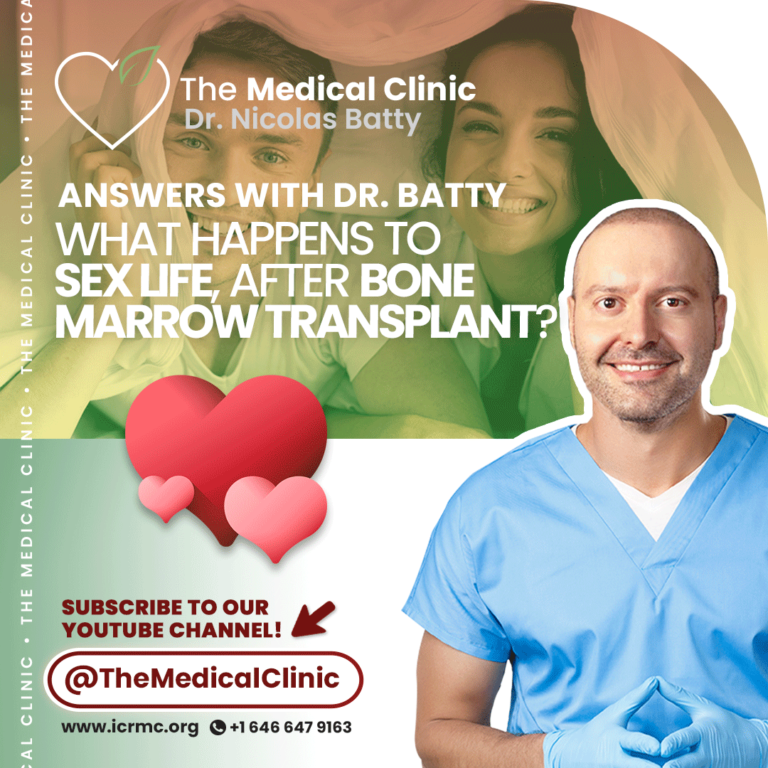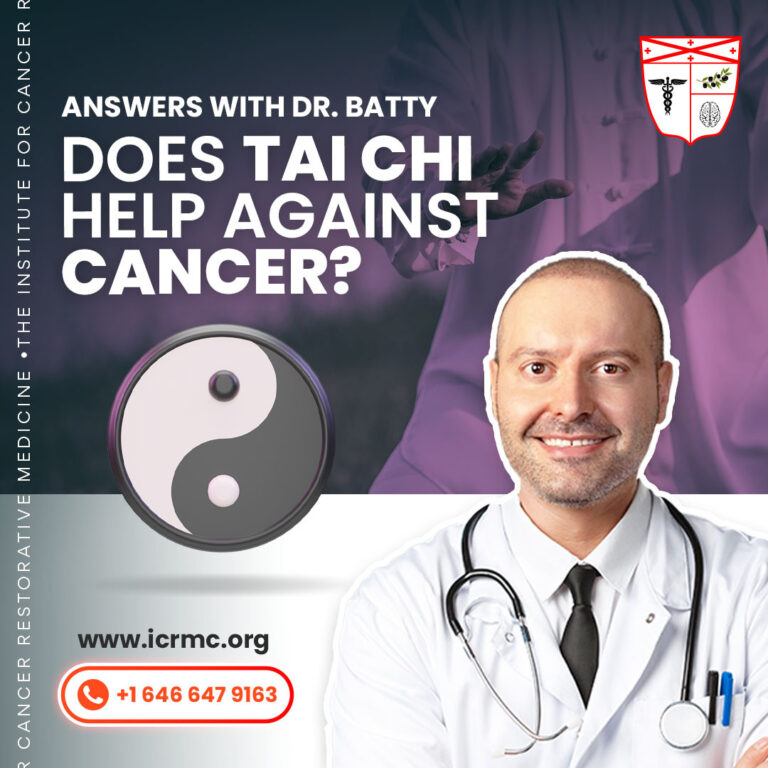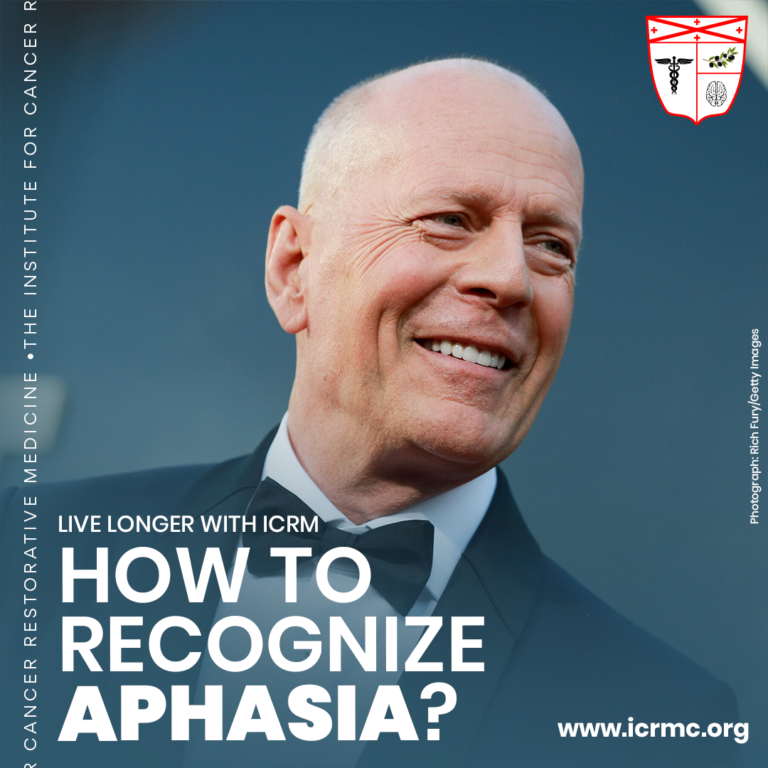Chemotherapy works by stopping or slowing the growth of cancer cells, which grow and divide quickly. But it can also harm healthy cells that divide quickly, such as those that line your mouth and intestines or cause your hair to grow. Damage to healthy cells may cause side effects. Often, side effects get better or go away after chemotherapy is over.
What does chemotherapy do?
Depending on your type of cancer and how advanced it is, chemotherapy can cure cancer, when chemotherapy destroys cancer cells to the point that your doctor can no longer detect them in your body, and they will not grow back. Chemotherapy can control cancer when chemotherapy keeps cancer from spreading, slows its growth, or destroys cancer cells that have spread to other parts of your body. Chemotherapy can also ease cancer symptoms (also called palliative care)—when chemotherapy shrinks tumors that are causing pain or pressure.

How is chemotherapy used?
Sometimes, chemotherapy is used as the only cancer treatment. But more often, you will get chemotherapy along with surgery, radiation therapy, or biological therapy. Chemotherapy can make a tumor smaller before surgery or radiation therapy. This is called neo-adjuvant chemotherapy. chemotherapy can destroy cancer cells that may remain after surgery or radiation therapy. This is called adjuvant chemotherapy. It can help radiation therapy and biological therapy work better. Chemotherapy can also destroy cancer cells that have come back (recurrent cancer) or spread to other parts of your body (metastatic cancer).
What are the main side effects of chemotherapy?
Chemotherapy may cause kidney problems like upset stomach or throwing up, nerve problems, kidney failure. Chemotherapy may also lower the ability of the bone marrow to make blood cells that the body needs.

How does my medical team decide which chemotherapy would be the best choice for me?
This choice depends on the type of cancer you have. Some types of chemotherapy drugs are used for many types of cancer. Other drugs are used for just one or two types of cancer. Whether you have had chemotherapy before. Whether you have other health problems, such as diabetes or heart disease.
What are the other types of therapies beside chemotherapy for Advanced cancer like lung, breast, or colon cancer?
In addition to chemotherapy, there are several other potential treatment options for these kind of cancers, sometimes in combination with chemo (called combination therapy). These options include radiation therapy and surgery, along with two newer forms of therapy: immunotherapy and targeted therapy. Immunotherapy drugs work by stimulating the body’s own immune system to attack the cancer, while targeted drugs attack a specific molecular change in the tumor, such as a genetic mutation.
What determines the best treatment for advanced cancer?
If your cancer has spread throughout your body, your doctor will test your tumor for example if you have lung cancer to determine whether it has any genetic mutations. If so, they will likely place you on a targeted therapy drug aimed specifically at that mutation to help block the cancer. They also may test your tumor for a protein called PD-L1. If you test positive, your doctor may suggest certain immunotherapies (sometimes along with chemo) that work well for tumors with this protein. For cancers that don’t test positive for mutations or PD-L1, different combos of immunotherapy and chemo may be used.
When Is chemotherapy used in advanced cancer treatment?
You may have noticed that chemotherapy is the key treatment. However, In recent years, other therapies have grown in importance in treating as an example in stage 4 lung cancer patients, such as immunotherapy and targeted therapy, but chemotherapy still has an important role. For example, he says, if someone’s advanced lung cancer does not have a mutation that can be targeted by a targeted therapy, they are usually considered for immunotherapy, often in combination with chemo. Chemo may also be used in those who can’t tolerate immunotherapies or as a second- or third-line treatment for patients whose cancer has progressed on other therapies.
What are the short-term side effects of chemotherapy?
If you’re being treated for advanced cancer, you’re most likely getting chemo at some point. In fact, chemotherapy, like all medical treatments, comes with the potential for side effects. Because it’s a systemic treatment, side effects can be throughout the whole body rather than just where the cancer is located. Every chemotherapy regimen is different, with some drugs being “tougher” than others. But in general, the most common side effects are nausea, fatigue, decrease in appetite, hair loss, increased risk of infection due to low blood cell counts, and gastrointestinal upset.
What are the long-term side effects of chemotherapy?
If you’re being treated for advanced cancer, you’re most likely getting chemo at some point. In fact, chemotherapy, like all medical treatments, comes with the potential for long term side effects. Because it’s a systemic treatment, side effects can be throughout the whole body which may include early menopause among women and weight gain among men and women. There are other chemotherapy long-term side effects that are less frequent but can still occur such as heart problems and leukemia.

What are the signs of chemotherapy that is killing you?
You would need to contact your doctor If you are experiencing one of the following signs: an allergic reaction, like rash; hives; itching; red, swollen, blistered skin; or if you are experiencing signs of infection like fever, chills, very bad sore throat, ear, or sinus pain. Other signs may include bleeding like throwing up or coughing up blood. You would need to contact your doctor if you are experiencing signs of high blood sugar like confusion, feeling sleepy, more thirst. You will need to be cautious if you start feeling signs of electrolyte problems like mood changes, confusion, muscle pain or weakness, a heartbeat that does not feel normal, seizures, not hungry, or very bad upset stomach or throwing up. In case if you have signs of liver problems like dark urine, feeling tired, not hungry, upset stomach or stomach pain, light-colored stools, throwing up, or yellow skin or eyes, then contact immediately your doctor.
What are the worst days after chemotherapy?
What should I do if my platelets counts are low during chemotherapy?
If your platelets are less than 20,000, do not use any weights, resistance bands or tubing, or lift any heavy objects. When your platelets are between 10,000 and 20,000, you may perform light exercises, including walking, using a treadmill, and/or riding a stationary bike without resistance. When your platelets are less than 10,000 you may need to limit yourself to activities of daily living (bathing, dressing, etc.), range of motion of your arms and legs, and limited walking.
What symptoms should you immediately call the clinic doctor or nurse after chemotherapy?
If you experience of the following signs or symptoms: temperature of 100.5 ° F or greater, shaking or chills, new cough or shortness of breath, nausea or vomiting that is not controlled by medications or you are unable to keep medication or fluids down for longer than 24 hours. If you experience constipation lasting 2 or more days or diarrhea of 4 or more loose stools a day, then, contact the clinic doctor. In case of new or worsening pain not controlled by pain medication, pain or burning with urination or inability to urinate, redness, pain, swelling, drainage from catheter site or any incision or wound site, then contact the clinic doctor or nurse.
How Are chemotherapy side effects managed?
If you are receiving chemotherapy, there are some good news because the treatment of chemotherapy side effects and toxicity has improved dramatically over the last few decades. For example, there are effective drugs to prevent nausea and vomiting. Your doctor will give you those medications acutely during chemotherapy, and you can take them later as well. To manage appetite issues, working with a dietitian can help you. As for infection risk, your doctor will monitor your blood cell counts and adjust treatment to keep you as healthy as possible. Make sure to tell your doctor about any side effects as soon as possible so they can help you manage them.
What If you can’t have chemotherapy?
Some people aren’t able to tolerate chemotherapy well due to risk of side effects and other factors. In these cases, your treatment may include different combinations of therapies. For example, if you’re not in good health, your doctor may choose to give you only one chemo drug instead of two. Or if you can’t have chemo at all, radiation therapy may be a good option. With these advanced cancers, you’re often undergoing several different treatments over time—and your doctor will help personalize your treatment plan to find what works best for you.
How is chemotherapy given?
Most often, chemo medications are delivered in an IV drip called an infusion. Patients often receive chemo as outpatients in two- or three-week cycles with time off to recover. The number of cycles depends on your treatment plan. Chemotherapy can be given before or after surgery, or to manage symptoms of advanced cancer. Before surgery (neoadjuvant chemotherapy): This chemo is given to shrink a tumor so that a patient needs less surgery, or to reduce a tumor so it’s small enough to remove in surgery. It can also help your doctor identify which medications work best on your cancer. After surgery (adjuvant chemotherapy): This chemo is given to kill any cancer cells that may remain after surgery. It reduces the risk that cancer will come back or spread to another part of your body. For advanced cancer (palliative chemotherapy): This chemo may be given to shrink or slow the growth of tumors or to control symptoms of cancer that has spread to other organs or tissues.

What are targeted therapies?
Targeted therapy is a newer type of chemotherapy that uses medication to affect specific molecules (targets) in cancer cells. This makes it less likely to affect normal cells or cause side effects. Targeted therapies are often used to treat breast cancer, colon cancer, lung cancer and aggressive skin cancer. Targeted therapies attack cancer cells in different ways. Depending on your condition, you might have a targeted medication that acts on genes or proteins in your body to block the signals that tell cancer cells to grow and multiply. Like chemotherapy, targeted therapies can be given before surgery, to shrink a tumor, after surgery, to lower the risk of cancer returning or advanced cancer, to slow growth.
What is hormone therapy?
Hormone therapy is medication that treats cancers that use hormones to grow, such as breast cancer and prostate cancer. It’s usually combined with other treatments. Hormone therapy works in two main ways. It blocks your ability to produce hormones, or it interferes with how your hormones behave. Hormone therapy can keep cancer from growing and spreading by acting on substances called cell receptors. Receptors are proteins on the surface of cancer cells that attach to certain hormones and medications. Hormone therapy may be given by mouth, in a shot or implanted under the skin. In some cases, patients may have surgery to remove hormone-producing organs such as the ovaries or testicles. Some patients take daily pills at home. Others may have monthly shots at a doctor’s office or hospital.
What is immunotherapy?
Medications that boost your immune system’s natural ability to fight tumors are called immunotherapies. Compared with traditional chemotherapy, immune-based approaches may lead to longer-lasting improvements. They also may increase survival times in people with certain aggressive cancers.



